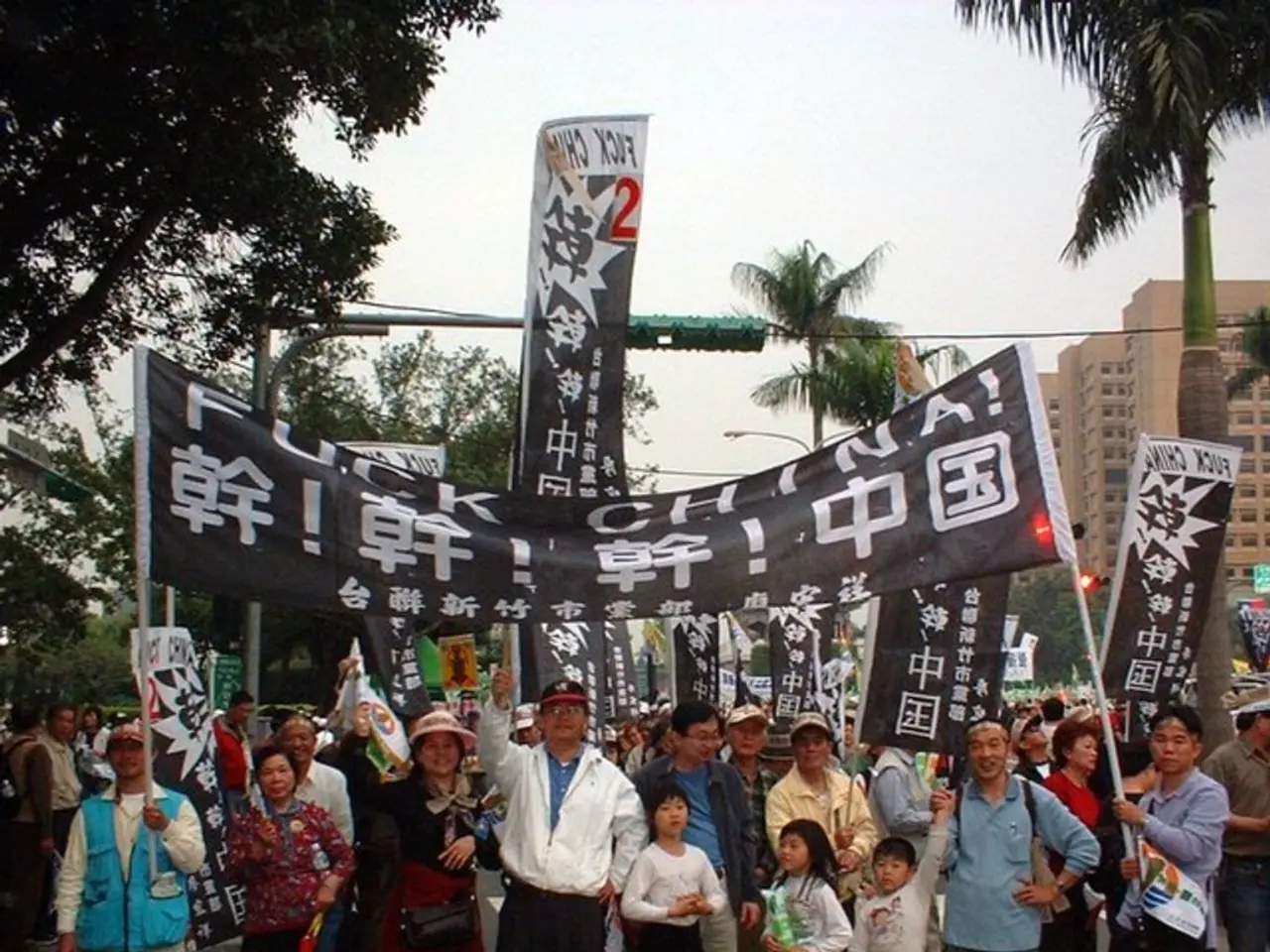Economic Challenges and Cultural Obstacles Facing Human Survival
In developing countries, cultural barriers are posing significant obstacles to women's economic participation, particularly in the agricultural sector. Despite women's critical roles in food production, they constitute a small percentage of the workforce.
These barriers, rooted in deeply ingrained gender norms and stereotypes, manifest in various ways. Discrimination and unfavorable societal attitudes prioritise women's roles as caregivers over entrepreneurs or formal sector workers, disproportionately constraining mothers and limiting women's labor force participation.
Traditional gender roles also discourage women from entering or advancing in more profitable or formal sectors like technology or finance, confining many to lower-paid, informal, or subsistence-level jobs, especially in agriculture.
Legal and regulatory constraints, such as limited property rights and bureaucratic hurdles, further inhibit women's business ownership and access to credit necessary for economic expansion in agriculture and beyond. Limited access to professional networks, education, and skills training reduces opportunities for women’s economic advancement and entrepreneurship.
These sociocultural barriers impact agricultural productivity and societal survival in several ways. Women often operate predominantly in subsistence farming or informal sectors without adequate resources or legal protections, constraining productivity gains. The “motherhood penalty” and cultural restrictions reduce women's ability to contribute effectively to the economy, lowering overall household and community income levels.
Reduced economic participation by women limits innovation and diversification in agriculture, impacting food security and community resilience. Societies that restrict women’s economic roles experience slower development and less inclusive growth, risking persistence of poverty and lowered survival prospects at the community level.
Addressing these barriers through targeted policy interventions—such as legal reforms, improved access to capital via technology (e.g., mobile banking), skills training tailored for women, and social norm changes—can empower women economically. This empowerment supports higher agricultural productivity and strengthens societal survival by enabling women to contribute fully to the economy and community development.
Adaptability has been a cornerstone of human survival throughout history. Social determinants of health, shaped by socioeconomic status and integration, play a critical role in survival outcomes. Fostering inclusive economic participation will be vital for enhancing human survival in the future.
In addition, women in agricultural contexts face challenges related to market access and commercialization of their products due to limited ability to reach broader markets or secure credit. Addressing cultural barriers is essential for promoting gender equality. The survival of the human species depends on both biological adaptability and cultural dynamics.
In conclusion, addressing cultural barriers rooted in gender norms is crucial for promoting gender equality, enhancing food security, and ensuring economic sustainability. Overcoming these requires holistic approaches addressing both legal constraints and deep-seated cultural attitudes.
- The evolution of societal structures, particularly in developing countries, is hindered by lingering gender norms that inhibit women's participation in areas like technology and finance, which has negative implications for women's health-and-wellness and fiscal sustainability.
- In the realm of health-and-wellness and fitness-and-exercise, a lack of legal protections and property rights, coupled with unequal access to capital and professional development, disempowers women and impacts their economic survival, ultimately limiting their potential to contribute to overall community health.
- To guarantee long-term societal survival and improved health and wellness for all, fostering inclusivity in women's economic advancement is paramount, necessitating the breakdown of cultural barriers that impede women's progress in arenas like agriculture, technology, and finance.




